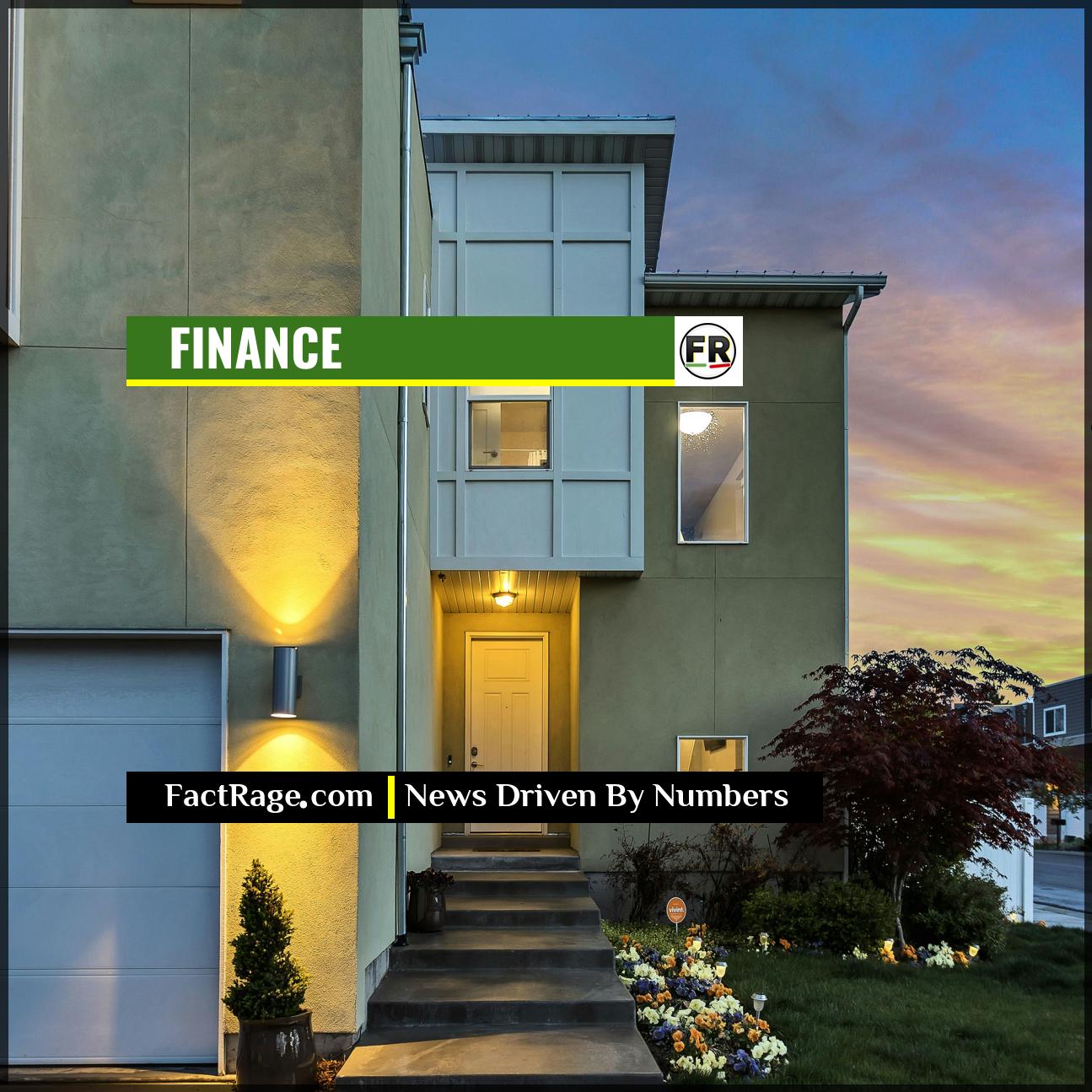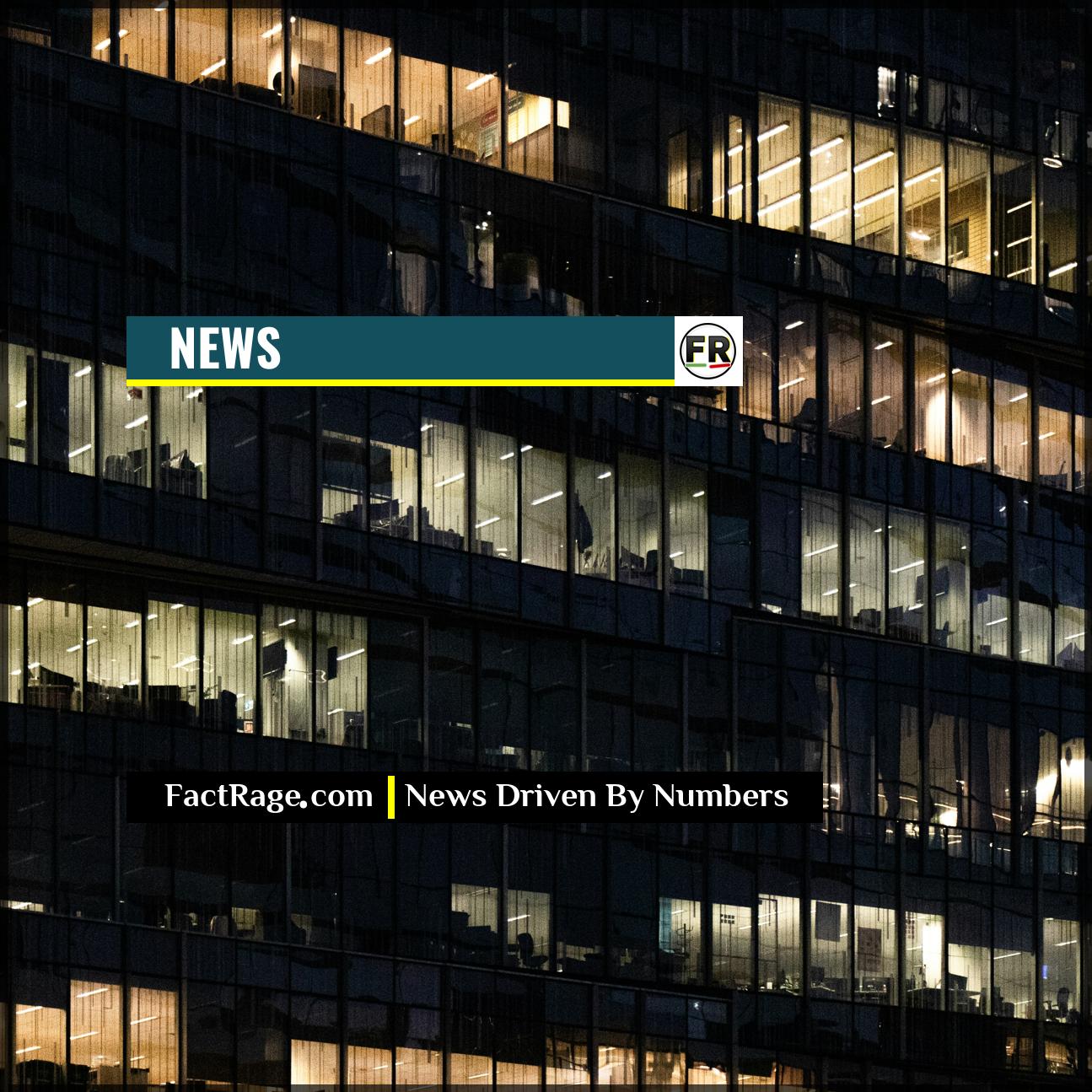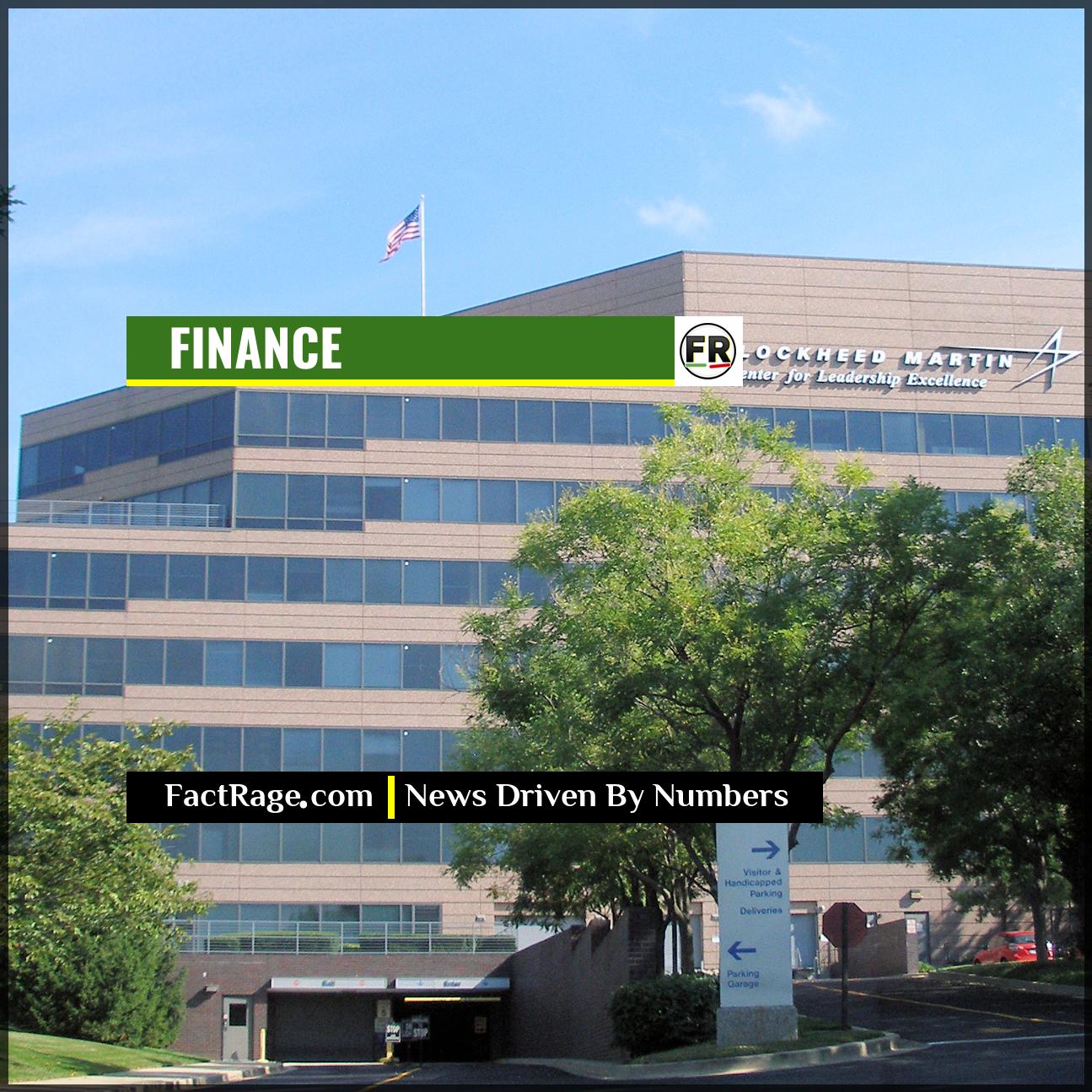NATIONWIDE – A single non-profit organization, the College Board, operates as a central, and often controversial, gatekeeper for American higher education, wielding a level of influence typically reserved for government bodies.
- Quasi-Governmental Power – Despite being a private non-profit, the College Board generates over $1 billion in annual revenue and effectively sets national standards for college readiness through its SAT and AP programs.
- Shifting Test Policies – After a widespread move to test-optional admissions during the pandemic, prominent universities like Yale, Dartmouth, and MIT have reinstated testing requirements, citing data that suggests tests can help identify high-achieving, low-income applicants.
- Political Battleground – The organization’s curriculum development, particularly for its Advanced Placement (AP) courses, has become a focal point for political debate, most notably in the clash with Florida’s state government over the AP African American Studies course.
For millions of high school students and their families, the College Board is an unavoidable part of the path to college. But its role extends far beyond administering tests. The organization sits at the complex intersection of education policy, market economics, and, increasingly, partisan politics.
From the Author: Beyond the Scantron Sheet
![]() The College Board is often viewed through the narrow lens of a high-stakes test. However, its real power isn’t in the questions it asks, but in the standards it sets. It functions as a quasi-governmental body, shaping national curriculum and admissions policy with minimal public oversight. Understanding this organization requires looking past the test-day anxiety and focusing on the mechanics of its influence. This is where we can see how policy, data, and political strategy intersect to define educational opportunity in America.
The College Board is often viewed through the narrow lens of a high-stakes test. However, its real power isn’t in the questions it asks, but in the standards it sets. It functions as a quasi-governmental body, shaping national curriculum and admissions policy with minimal public oversight. Understanding this organization requires looking past the test-day anxiety and focusing on the mechanics of its influence. This is where we can see how policy, data, and political strategy intersect to define educational opportunity in America.
Read On…
Below, we’ll analyze the data driving the return of standardized tests, the political forces shaping AP curricula, and the institutional dynamics that make the College Board one of the most powerful, unelected forces in the country.
How a Non-Profit Became an Educational Gatekeeper

Founded in 1900 to standardize the college admissions process, the College Board has evolved into a dominant force in American education. It is officially a mission-driven, not-for-profit organization. However, its financial scale and market control raise questions about this classification. The organization’s revenue, primarily from SAT and AP exam fees, consistently exceeds $1 billion a year.
This financial power translates into significant policy influence. Through the SAT, the College Board provides a standardized metric that shapes admissions decisions nationwide. Through its AP program, it sets a de facto national curriculum in dozens of subjects, influencing what is taught in high schools. This unique position allows a private entity to perform a quasi-governmental function, setting standards and creating pathways to opportunity—or erecting barriers—without direct public oversight. Its main competitor, ACT, Inc., which administers the ACT test, provides an alternative for admissions testing but does not have a comparable, integrated curriculum program like the AP.
The Data Driving the Test-Optional Debate
For years, the core debate around the College Board’s influence has centered on fairness. Proponents argue that standardized tests like the SAT are vital tools for ensuring equity. They provide a common yardstick to compare students from thousands of different high schools with varying levels of grade inflation and resources. A high score can signal a student’s potential, regardless of their school’s reputation. This view gained traction as institutions like MIT and Yale reinstated testing requirements, arguing that a lack of scores made it harder to identify promising students from disadvantaged backgrounds who might otherwise be overlooked.
Conversely, critics argue the tests are instruments of gatekeeping that perpetuate inequality. Decades of data show a strong correlation between SAT scores and family income. Higher-income families can afford expensive test preparation services, private tutoring, and multiple test attempts, creating an uneven playing field. The widespread shift to test-optional admissions during the COVID-19 pandemic was seen by many as a victory for equity. The current reversal by some elite institutions has reignited the debate, leaving colleges and students to navigate a complex and changing admissions landscape.
Why State Politics Now Shape Your AP Curriculum
The College Board’s influence has recently made it a target in the nation’s political and cultural conflicts. The most prominent example was the 2023 controversy surrounding the curriculum for the new AP African American Studies course. After the office of Florida Governor Ron DeSantis announced it would ban the course, claiming it violated state law and pushed a political agenda, the College Board released a revised framework that removed or made optional some of the contested topics.
This incident sparked intense criticism from both sides. Some accused the College Board of capitulating to political pressure, while others defended the changes. The episode highlighted the organization’s difficult balancing act: it must create curricula that are academically rigorous and broadly acceptable to education officials across all 50 states, each with its own political climate and legislative priorities. As a result, decisions made in a single state capital can have a ripple effect, potentially altering the educational content available to students across the country. This dynamic places the College Board at the center of national debates over what history and which ideas should be taught in American classrooms.
The Gatekeeper’s Calculus
![]() The College Board operates at the center of a complex equation, balancing its market power against shifting data on equity and escalating partisan pressures. The resolution of these debates is not merely academic; it directly defines the rules of access and opportunity for a generation of students. Ultimately, the story of the College Board is a clear case study in how a private entity comes to wield profound, quasi-governmental influence over American life, demonstrating that understanding policy is key to understanding power.
The College Board operates at the center of a complex equation, balancing its market power against shifting data on equity and escalating partisan pressures. The resolution of these debates is not merely academic; it directly defines the rules of access and opportunity for a generation of students. Ultimately, the story of the College Board is a clear case study in how a private entity comes to wield profound, quasi-governmental influence over American life, demonstrating that understanding policy is key to understanding power.














